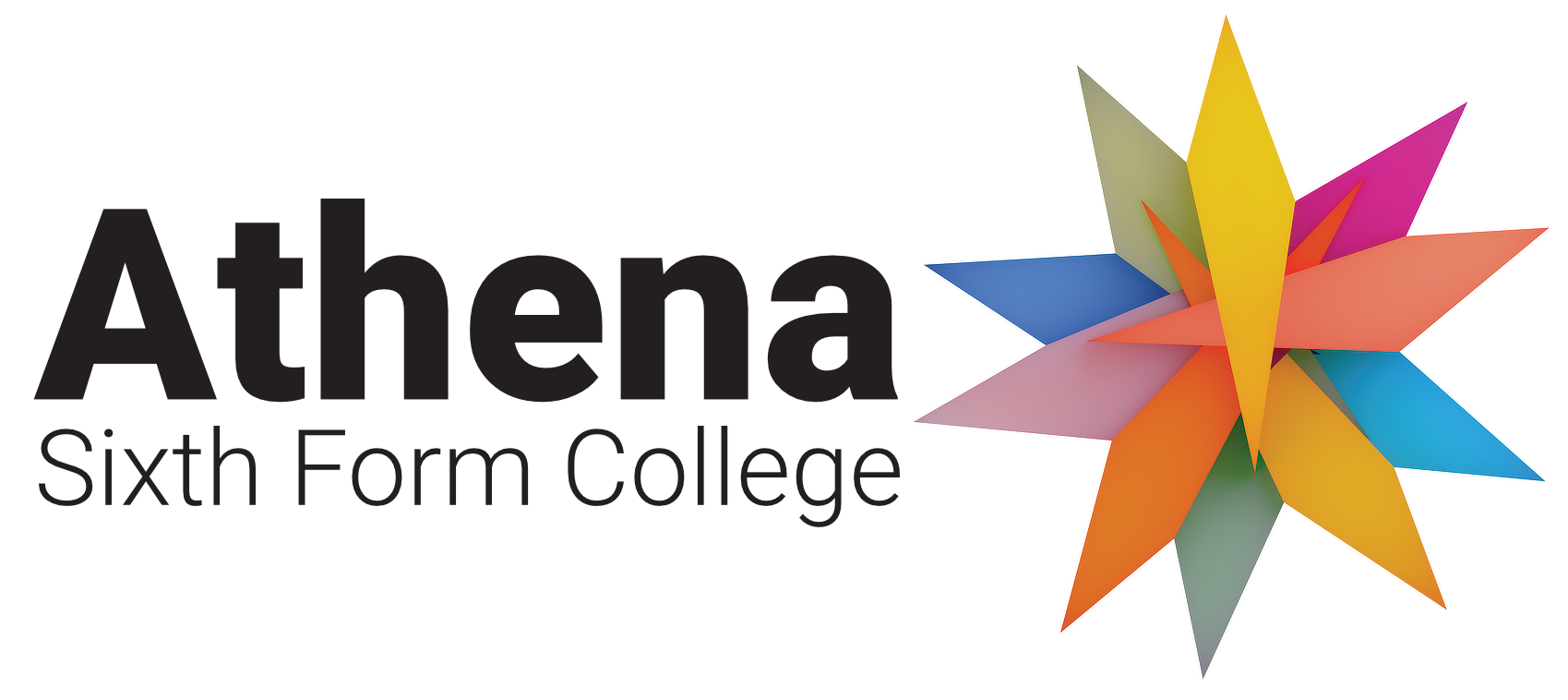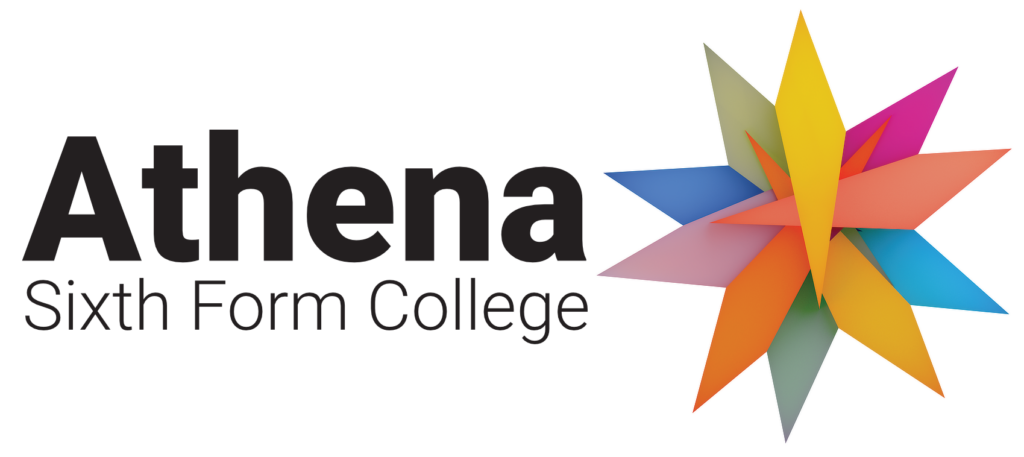Why Study?
Film Studies is an exciting, creative and academically rigorous A level. As well as gaining an appreciation of film as an art form, you will be challenged to think in new ways and question your perspective on a whole host of issues surrounding film representations. From Silent Cinema to Contemporary Hollywood, the films on our specification are of great artistic significance, and represent a wide range of time periods, peoples and cultures. In this way, studying Film will develop your understanding of important developments within history, society, art and culture. Our course also incorporates a substantial creative production element where you will be able to put what you have learned into practice by making a short film or writing a screenplay, thereby developing yourself as a writer/producer.
What can I do with it?
Film is one of the most relevant subjects today. Employment in the screen industries has grown by over 20% since 2009 and the sector is one of the most important industries in the UK. Career paths for students of Film may include practical avenues such as film-making, directing, producing and editing; however, a qualification in Film Studies also allows you to move into more theoretical pathways such as film criticism, journalism, teaching and education. Indeed, the development of deeper critical and creative thinking gained by studying Film can enhance many different career paths and is a much sought after transferable skill in both employment and further study. Russell Group universities accept Film Studies as an appropriate A-level qualification when prospective students apply to study a humanities or arts-related discipline.
Subject combinations
Film Studies particularly complements Politics, History, English, Theatre, Art and Music A levels. Sociology, Psychology and Philosophy A levels also work well with Film.
Extras
Students have access to DSLR cameras, lighting, sound and editing equipment. You will be encouraged to develop your technical skills and auteur identity across the two-year course. We will regularly share resources and opportunities to enrich and deepen your engagement with film beyond the course.
What will I study?
You will study films from a broad range of topic areas:
- Hollywood
- American Independent Film
- British Film
- European Film
- Global Film
- Documentary
- Silent Film
- Experimental Film
- Short Film
- Film Production and screenwriting
For each area, you will study the key elements of film form, including cinematography, mise en scène, editing, sound and performance. You will also study the historical, political and social contexts of each film, and the representations that they present or challenge. You will engage in the specialist film areas of Spectatorship & Narrative; Ideology; the Auteur; and Critical Debates surrounding film. There are two exams, each worth 35%, and a 30% assessment of production work. The exams consist of answering three extended response questions on Component 1 and four extended response questions on Component 2. There is a creative production element which allows you to produce your own short film, or the screenplay of a short film (with accompanying storyboard).

